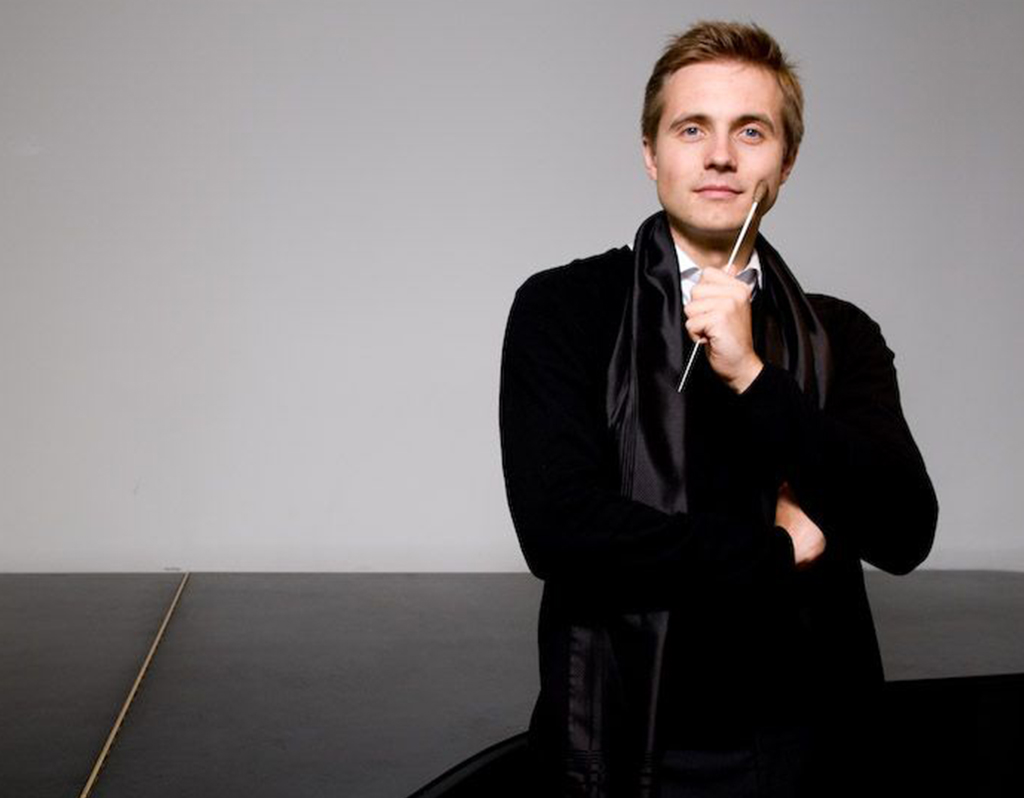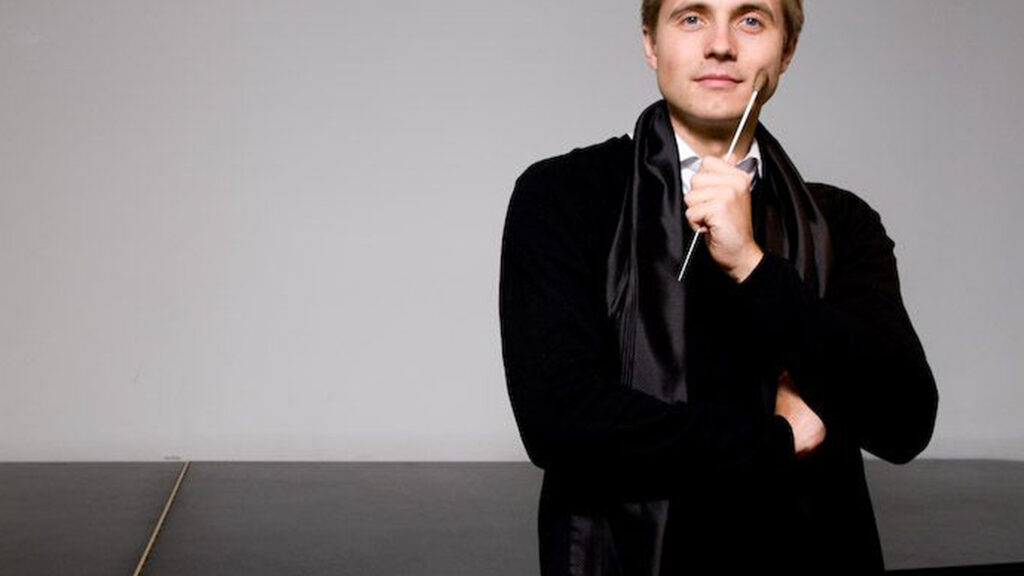
 (4 / 5)
(4 / 5)
When seeing the Royal Philharmonic there is always a mood in the air. Most certainly one of the finest orchestra’s on earth, any visitation to Cardiff is always welcome.
There was no collar-pulling with the presence of Vasily Petrenko, who has right denounced titles in Russian roles he has held. What is their loss, is the rest of the peaceful world’s gain, with a hawk eyed conductor with some showy gesturing and buzzing physicality. Walton’s Johannesburg Festival Overture is a new discovery for me, this brief starter for the 70th anniversary of the namesake city’s formation. It’s a romp, with strident dance motifs and a seething celebratory nature. Note worthy is the percussion including maracas and claves, adding to the sun kissed vibe. I would say I’d be down to hear that live again.
Another Russian exile would be Boris Giltburg, who on piano passed us by with Beethoven’s Fifth Piano Concerto. Known as the Emperor, this has many recognisable themes, the soloist having more subtle phases than the clamour the composer is usually known for. Boris grinds the piano, dizzying in his warm, rampant strides. Where the piece goes wrong is with a lot of time spent with the orchestra and not the piano, perhaps the biggest flaw of the piece. You do get those earthy, manic moments from Ludvig and they are forever embedded into classical music. Boris blessed us with a Rachmaninov prelude as an encore. It is easy to fall for Boris in moments such as these.
Vaughn Williams’ Second Symphony would end proceedings. Given the nickname “London” it’s easy to think of your own time spent in The Big Fog. The sweeping, large work is a love letter to the city, even with the fatigue one can feel from the place. The love-hate relationship feel is here, moments of jovial carnivals can be jarring and overblown. Vaughn Williams’ mastery over the English idyll still features here, some green spaces traversed sparingly. The fabric of the music might conjure up a soundtrack feel, images not always defined by a location. A harp clearly mimics the bells of a clock (perhaps Big Ben), though it does not complete the melody associated with the time and ends at what would state quarter to the hour. Contemporaries such as Holst and Walton offer shared harmonies and chords, the piece not always sounding as English as the composer if often accredited with. Quite charming.

